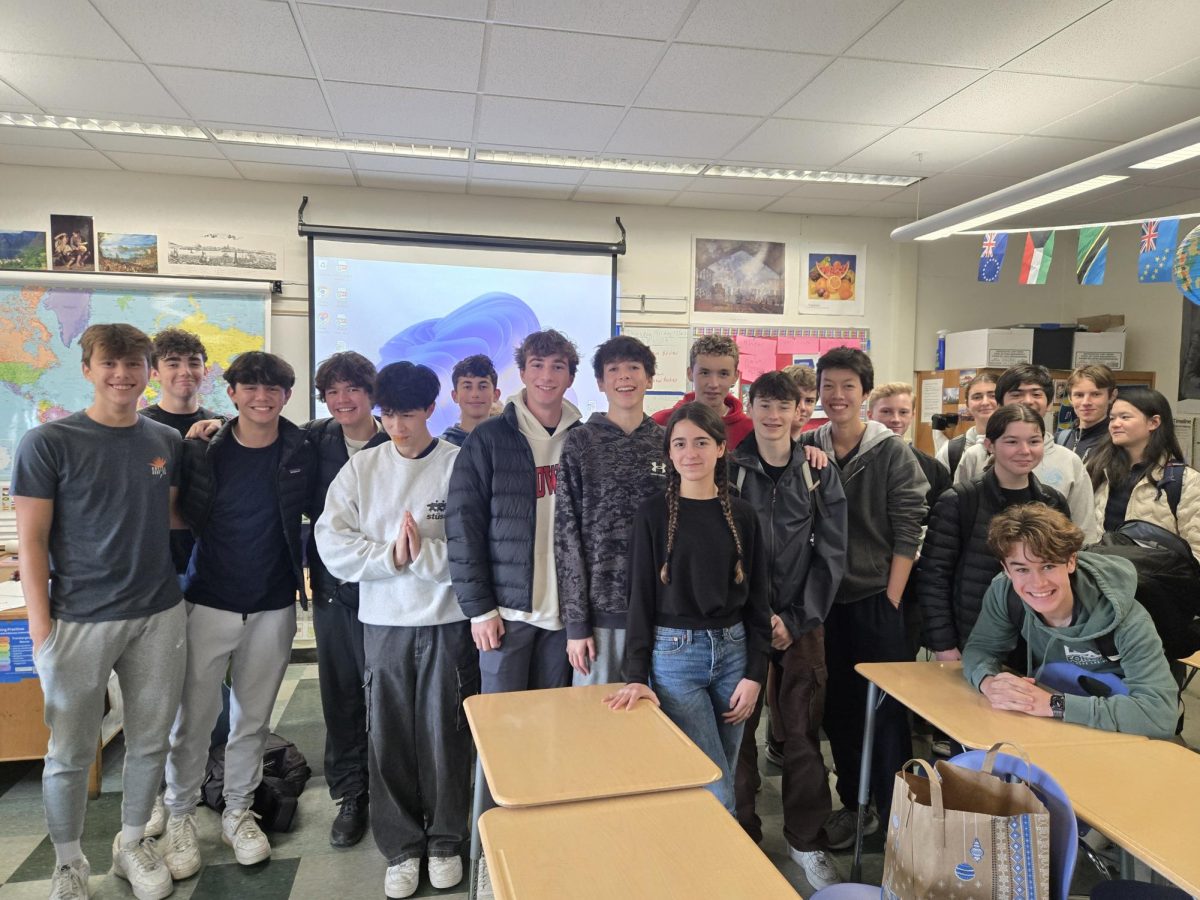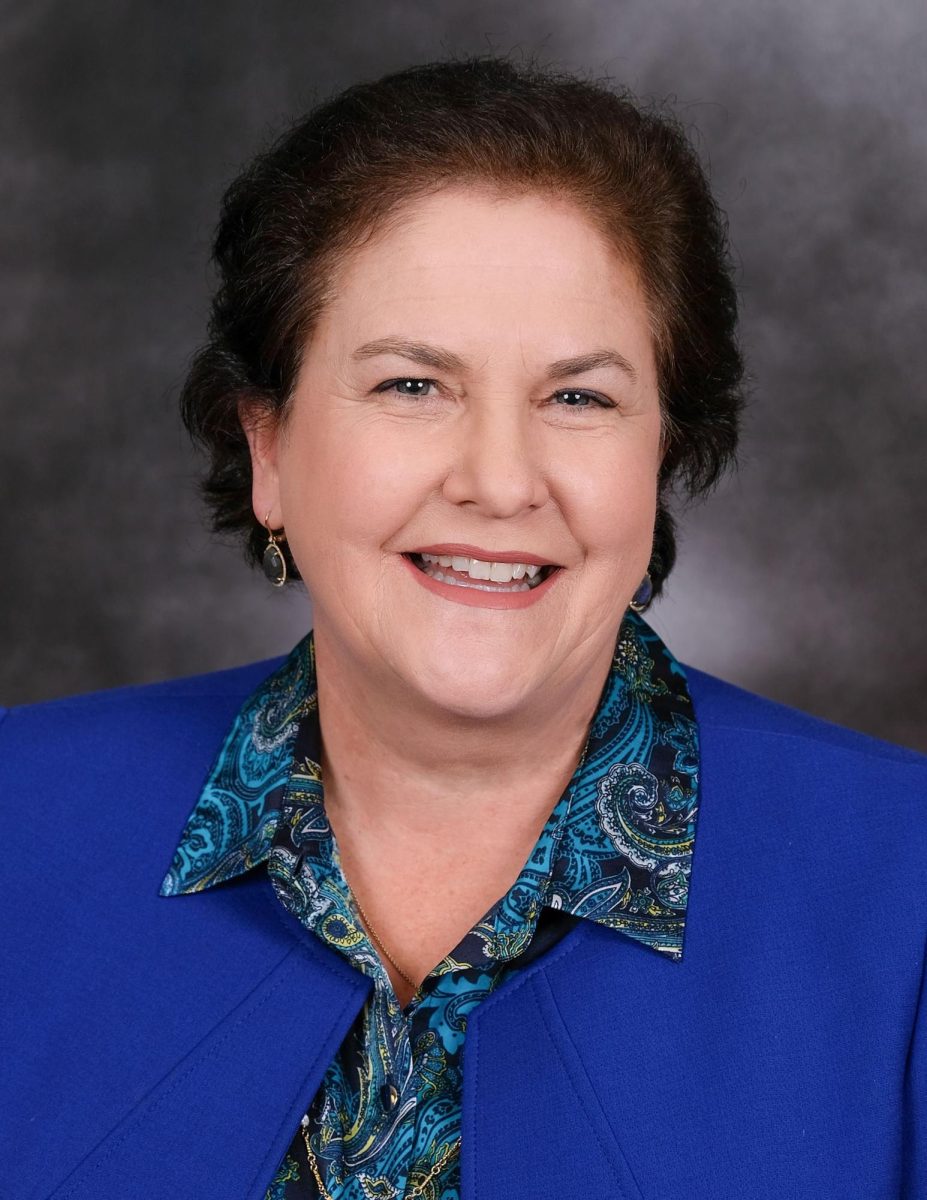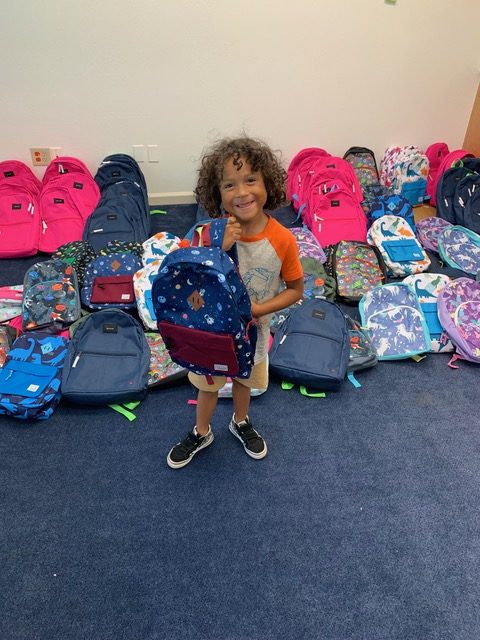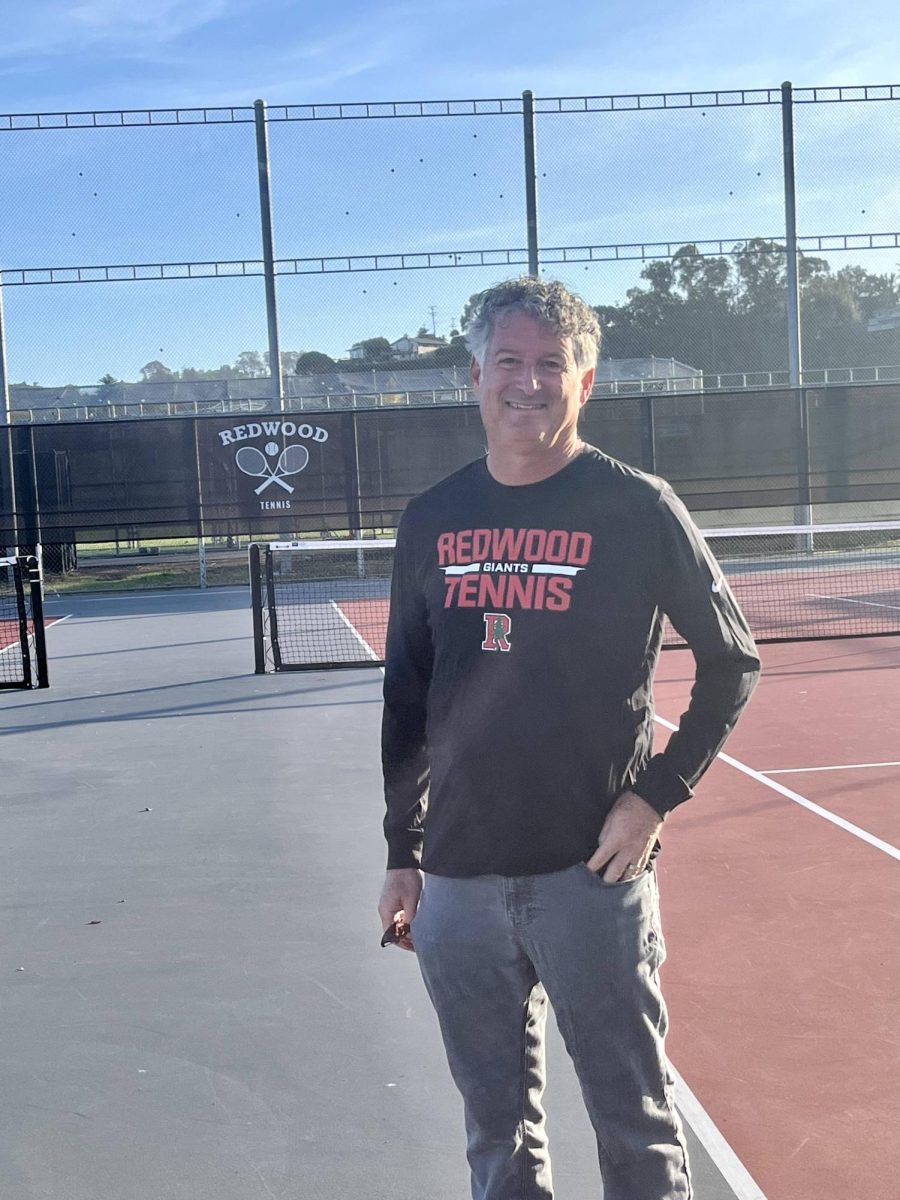Many seniors labored over college applications for months on end, but got through the process by the wisdom of college-experienced family members. A few, however, dove into the process without the benefit of having family familiar with the college process.


Senior Malena Ernani, who was born on Margarita Island in Venezuela and has lived in the United States since age four, will be attending Occidental College in Los Angeles.
She said that applying to American colleges was a big deal for both her and her mother.
“My mom went to high school in Argentina, so when I was applying, I realized it wasn’t just me going to college,” Ernani said. “It felt like me and my mom were both going to college in a way.”
Ernani said that the biggest challenge she faced throughout the process was knowing very little about American applications or American schools.
“I basically had to be mature in a way where I had to be aware of the deadlines and the forms, as opposed to my friends who knew the whole process already, or were at least exposed to it from family,” Ernani said. “To me, it was very foreign.”
Senior Yodai Yasunaga, who was born in Chiba, Japan, and has lived in the U.S. since he was in second grade, will be attending Cornell University in Ithaca in the fall. He said that he faced the same unfamiliarity that Ernani faced with applying to American colleges.
Yasunaga also said an added challenge that he faced was the language barrier, because he primarily speaks Japanese at home.
“We were starting from a completely blank slate,” Yasunaga said. “So we did have a counselor who was Japanese who could communicate with my parents, which helped a lot.”
Yasunaga said he and his parents noticed a lot of differences between the American and Japanese application processes.
“In Japan, everything’s completely based on test scores from a test that you can only take once in your life, and your grades,” Yasunaga said. “They don’t look at what activities you’ve done or anything. So in that sense, I think the application process in the U.S. is much better, because it takes into account who you are as a person as a whole, which I liked.”
Ernani said that the biggest difference she observed between American schools and Argentinean schools was the cost.
“In Argentina, I would be going to college for free,” Ernani said. “I’m going to end with a $40,000 debt, at least, at the end of my college career. Financial aid is really hard to obtain, and you just feel pretty lost. You realize that there’s some deadline that you knew nothing about, and it requires a form that you have no idea where to obtain.”
However, Ernani said she doesn’t regret her decision to attend college in the U.S.
“I chose against Argentinean schools mainly because of the culture shock I would have experienced there,” Ernani said. “That would have been a huge transition that I’m not ready for. I really wanted to stay close to my mom as well.”
Yasunaga also said that he thinks he made the right decision to stay in the United States.
“I’ve been living in the U.S. for a long time now–over 10 years–especially compared to my siblings who were only here for a couple of years,” Yasunaga said. “It was just more natural for me to go to an American college. Also, I got most of my education in English.”
However, Yasunaga said he hasn’t forgotten his Japanese roots. Yasunaga said that throughout his applications, he emphasized the impact of his background on his life.
“Art is a big part of me, and that is partly because when I first moved to America, I relied a lot on visuals to communicate, like hand gestures and drawing things out in order to communicate a word,” Yasunaga said.
Yasunaga also said that he is looking into studying abroad in Japan during college.










